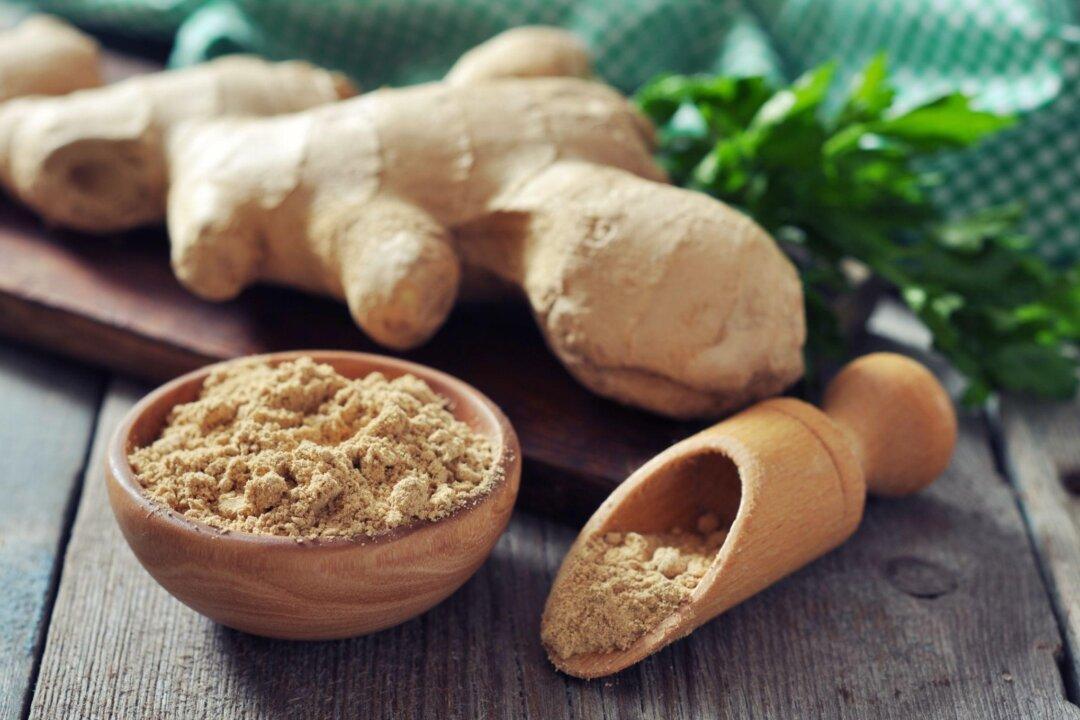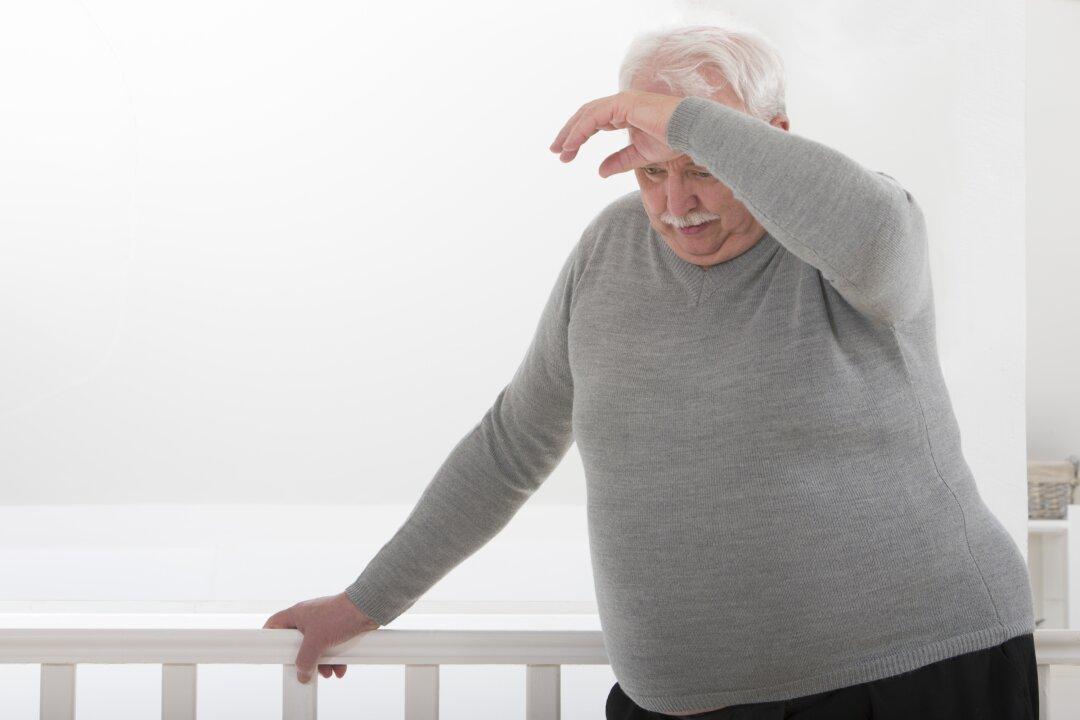Health Preservation Goes Beyond Simple Diet Therapy
Health preservation is known as “yang sheng” in Chinese. The term “yang” involves maintenance, adjustment, and supplementation, while “sheng” encompasses life, survival, and growth. In broad terms, we can categorize health preservation as a theoretical framework and a set of methods that adhere to the natural rhythms of life, thereby achieving the goals of preserving life, promoting mental well-being, enhancing wisdom, and extending lifespan.Health preservation is not just about eating healthy, organic, and non-toxic food. It entails comprehensive care and nurturing of the body, mind, and spirit. In fact, the highest form of health preservation involves cultivation and a return to one’s essence.
3 Vital Considerations for Elderly Dietary Care
From the perspective of TCM, qi, blood, essence, and body fluids are essential substances for the vitality of life. They originate from the tissues and organs, continuously flowing within the body. Ensuring an ample supply of these essential substances and their circulation throughout the body is crucial for maintaining good health. Diseases or other conditions may occur when there is stagnation or deficiency of these substances in the body.Diet plays a vital role in nourishing the body’s qi, blood, essence, and body fluids, forming the foundation for sustaining life’s activities. Adequate intake of food and drink ensures a rich supply of nutrients, promoting the abundance of qi and blood. This, in turn, leads to enhanced physical health. Therefore, the spleen and stomach are considered the foundation of the five organs.
Young people, with robust vital qi, may experience hunger, overeat, and eat cold or raw foods, yet they are less prone to illness due to the inherent strength of their bodies.
Conversely, in old age, when vital qi is depleted and organs weaken, maintaining health heavily relies on the diet for nourishing qi and blood. Poor moderation in consuming raw or cold foods, along with a lack of understanding of regulating hunger and fullness, increases the vulnerability of the elderly to ailments.
TCM believes that when one falls ill, diet therapy should be employed as the first line of treatment. By observing the symptoms of the disease, individuals can make dietary adjustments for self-recovery. Medication treatment is only considered if diet therapy proves ineffective. This approach is primarily adopted because diet therapy is deemed less likely to cause harm to the internal organs.
Some vital considerations for elderly care include:
TCM dietary principle suggests that the optimal approach to three meals a day includes a nourishing breakfast, a fulfilling lunch, and a light dinner.
In TCM, many illnesses are believed to be caused by external forces in the environment. These forces are known as the six external pathogenic factors of wind, cold, summer heat, dryness, dampness, and fire. Therefore, it is essential to align food choices with the characteristics of each season to prevent the invasion of external pathogens as follows:
Discerning Medication Approaches for the Elderly and Younger Adults
The approach to treating ailments in the elderly often mirrors that of younger individuals—reckless use of various medications and hasty application of acupuncture, all in pursuit of swift and complete recovery. However, in the case of long-lived seniors, where blood and vital energy have diminished, and mental and physical strength have declined, their condition resembles a flickering candle vulnerable to being extinguished by the wind.They are susceptible to various diseases, leading to blurred vision, reduced hearing, impaired mobility, fatigue, dizziness, and an inability to adapt to changes in the natural environment and climate. Common symptoms among the elderly include recurring old ailments, constipation, diarrhea, cold limbs, and body heat. If the treatment does not take into account the physiological characteristics and the condition of the elderly but instead hastily relies on acupuncture and medications for a quick recovery, it can lead to unforeseen risks.
In general, medication for the elderly should serve as supportive and complementary therapy. They should only use gentle and mild medications that promote the smooth flow of qi, improve dietary habits, nourish deficiencies, and maintain overall balance. It is crucial to avoid using medications readily available in the market, those gifted by others, or those with unclear prescriptions, as well as drugs with aggressive properties. Careful examination and understanding are necessary before Taking such medications.
For recurring ailments in the body, treatment should align with the symptoms, utilizing mild and balanced herbal remedies. Typically, after three to five days of such treatment, the symptoms naturally alleviate. Subsequently, dietary adjustments should be made, adhering to the principles of diet therapy. Considering the temperature nature (warm, hot, cool, cold) and flavors (sour, bitter, sweet, spicy, salty) of foods, the diet can be tailored to serve as the most effective health preservation method.
Apart from the elderly, the prevention and treatment for individuals weakened after illness should follow a similar approach. For instance, when the body is debilitated and conventional medical procedures such as surgery, chemotherapy, or radiation therapy are deemed necessary, careful consideration is advised. Proceeding without due consideration may lead to the success of the treatment but a significant deterioration in physical health.
Given the physiological changes in the body of the elderly, distinct characteristics of aging-related illnesses, and individual variations, the selection of medication types and dosages for older individuals should be approached with caution.
Understanding and Accommodating the Temperaments of the Elderly
Despite physical frailty, the elderly may still harbor aspirations and ambitions. However, due to the inability to align with timely opportunities and societal expectations, their desires become difficult to fulfill. Even with comfortable lives, a sense of inadequacy often lingers, leading to frequent sighs, anxiety, psychological resistance, stubbornness, and mood swings. They may experience unexplained moments of joy or anger, exhibiting unpredictable moods, similar to a child who does not yet understand the world.Respect, Empathy, and Companionship
Therefore, when interacting with the elderly, the key is to show respect, pay attention to their words and expressions, accommodate their preferences, and uplift their spirits. Children should try not to go against the wishes of the elderly.Due to diminished blood and qi in the elderly, experiencing sadness and anger can disrupt digestion, leading to organ dysfunction and the onset of diseases. Therefore, it is important to empathize with and understand the elderly’s emotions. Regular companionship is crucial, and they should not be left alone for extended periods. In old age, individuals tend to become more solitary, and prone to melancholy. When they feel lonely, it can lead to depression and frustration.
Beneficial Acupressure Points for the Elderly
1. Yongquan Acupoint
The Yongquan acupoint is situated on the sole of the foot and is believed to be the entry point for dampness.
2. Shenshu Acupoint
Location: On the posterior side of the waist, approximately two fingers’ width on either side of the midpoint directly behind the navel.







